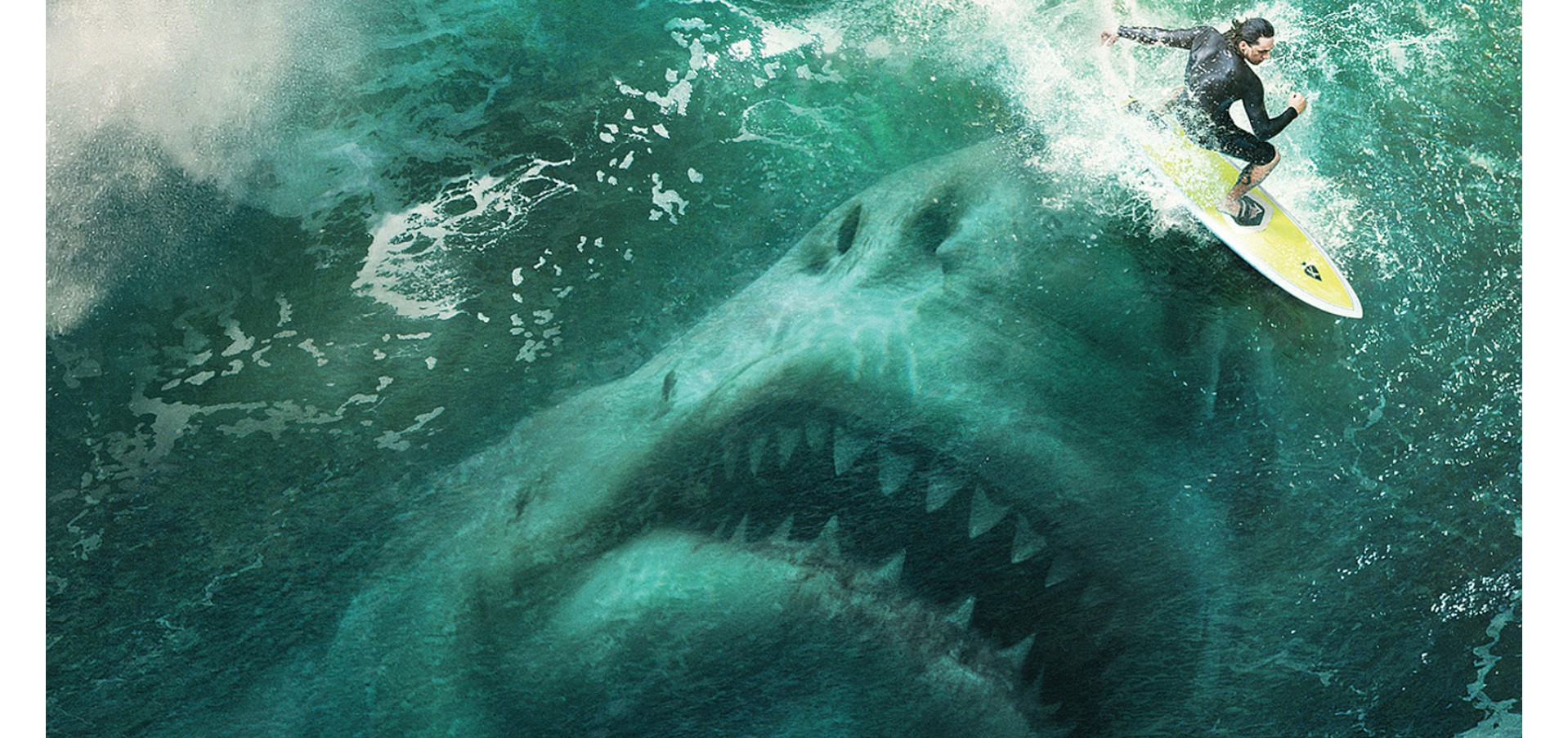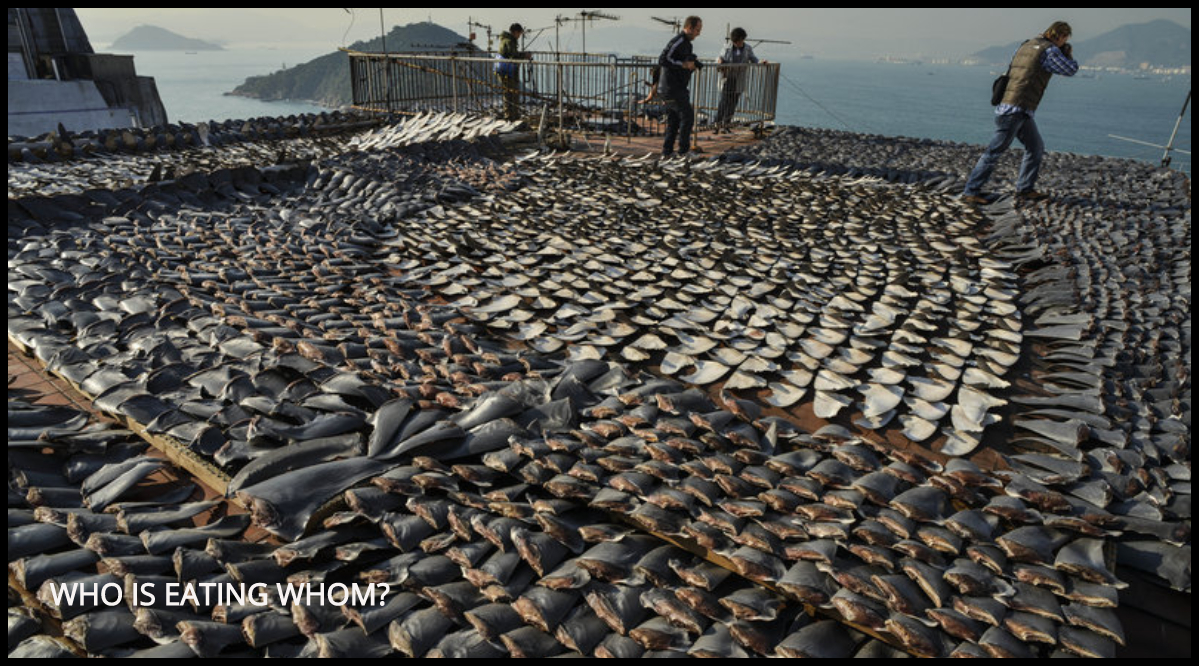From Global Roots to Unearthed Truths
Asha was born in India, raised in Oman, and lived in London before settling in the U.S. Her multi-continent, multi-cultural, global experience was a clear predecessor that fed her insatiable curiosity – and the inspiration for her defining Twizted voice.
As a rare breed, she’s truly mastered the art of metamorphosis in body, mind and soul. In her first adult incarnation she graduated Magna Cum Laude from ASU and pursued a vibrant career in the hospitality industry. Then, she grew new wings. Ever intrepid and intrigued by the unknown, she launched and helped grow a thriving e-Commerce technology company with her business partner, proving herself as an entrepreneur and demonstrating both the skills and resolve required of a woman intent on succeeding in a male-dominated industry.
In 2014, she boldly stepped into uncharted territories again, starting a new venture, Twizted Myrtle, in pursuit of her undeniable thirst to confront and create consequential social change. Few understood why she would leave behind a burgeoning e-Commerce business that served marquee clients like Amazon, Samsonite, Viacom, Pokémon, Red Bull, Taylor Swift and other household names – all during the pinnacle of a successful career.
The impetus for leaving the traditional business world for a less conventional path was intensely personal; a deafening voice and inimitable force inside her told Asha that she needed to contribute to the world in a very personal and life-changing way. Asha found herself in the throes of depression and new depths of loneliness. She was acutely aware her “success” was empty. Like many, she had lost her soul in the daily grind of chasing unhappiness.
Ironically, during this time, her depression revealed spiritual clarity; it connected her to the struggles of others who face the same suffocating walls of relenting darkness. Photography became a sacred respite that unleashed a strident voice; like a caged tiger set free, she could never again return to the confined existence dictated by society.
Twizted Myrtle became the multi-pronged platform to confront social issues that we’ve been plagued with for centuries. To break free from these vicious circles, she challenges what we accept, without question, as “wisdom,” and our conventional way of thinking through artistic means – provocative writings, thought-jarring podcasts and captivating photography.
Bringing a refreshing curiosity with the unique empathy of a true global citizen, she speaks with an open mind and unfiltered honesty on a host of issues where most would fear to tread. Her work compels us to see and think differently to help unlock our mindsets from self-imposed limitations. In doing so, she seeks to help people break free from the invisible chains that enslave us as oblivious prisoners.







